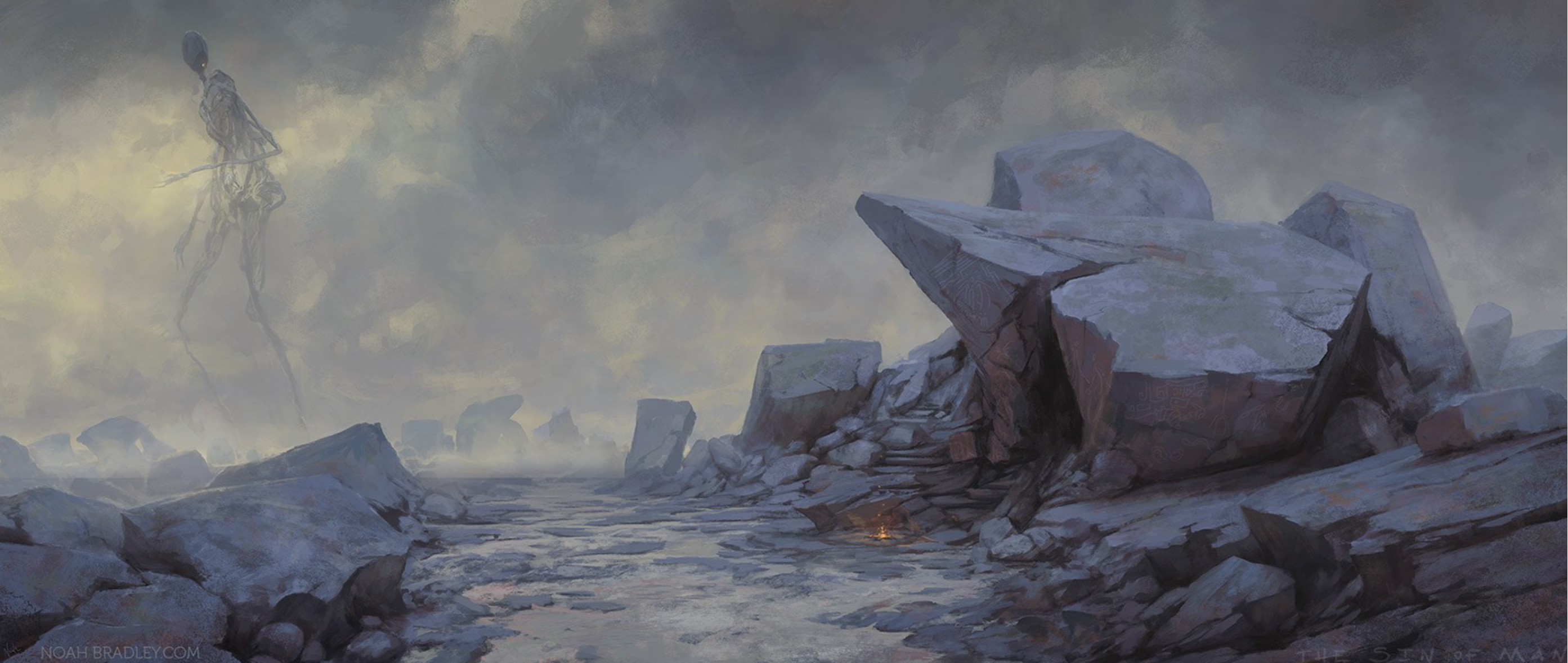Craig and John get to the bottom of William Goldman’s famous quotation about Hollywood, which is so often misapplied. Then it’s a discussion of zombie cars, wind-tunnels, blockbusters, and the paradox of choice.
Finally, we look at the intersection of luck and talent behind a screenwriter’s career, and why struggle isn’t a useful yardstick for much of anything.
Links:
* [Austin Film Festival 2015 panel schedule](https://austinfilmfestival.com/festivalandconference/conference/2015-panels/)
* Karina Longworth’s [You Must Remember This](http://www.vidiocy.com/you-must-remember-this)
* Scriptnotes, 220: [Writers Rooms, Taxes, and Fat Hamlet](http://johnaugust.com/2015/writers-rooms-taxes-and-fat-hamlet)
* [William Goldman](https://en.wikipedia.org/wiki/William_Goldman) on Wikipedia, and [Adventures in the Screen Trade](http://www.amazon.com/dp/0446391174/?tag=johnaugustcom-20) on Amazon
* [The Zombie-mobile](https://medium.com/swlh/the-zombie-mobile-b03932ac971d#.whezv2fps)
* [Least objectionable program](https://en.wikipedia.org/wiki/Least_objectionable_program) on Wikipedia
* [The Paradox of Choice: Why More Is Less](http://www.amazon.com/dp/0060005696/?tag=johnaugustcom-20) by Barry Schwartz
* [The Selling Your Screenplay Podcast, episode 95](https://t.co/kq6mQdMUZh)
* [Tessy and Tab](http://www.tessyandtab.com/)
* [BuzzFeed Crosswords](http://www.buzzfeed.com/tag/crosswords), and [logic-puzzles.org](http://www.logic-puzzles.org/)
* [Pokémon’s Creepy Lavender Town Myth, Explained](http://kotaku.com/pokemons-creepy-lavender-town-myth-explained-1651851621) on Kotaku
You can download the episode here: [AAC](http://traffic.libsyn.com/scriptnotes/scriptnotes_ep_221.m4a) | [mp3](http://traffic.libsyn.com/scriptnotes/scriptnotes_ep_221.mp3).
**UPDATE 10-28-15:** The transcript of this episode can be found [here](http://johnaugust.com/2015/scriptnotes-ep-221-nobody-knows-anything-including-what-this-quote-means-transcript).
